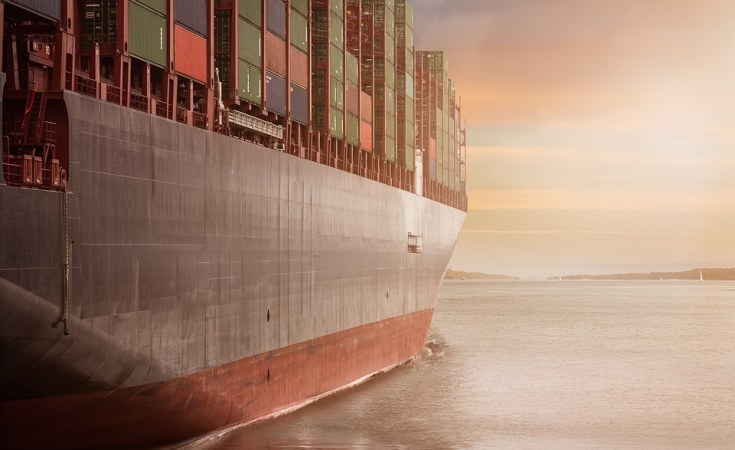Washington — The White House sees national security concerns in a recent agreement giving Ethiopia leasing rights to the Red Sea coastline in Somalia's breakaway Somaliland region, administration officials said Tuesday. But experts questioned Washington's commitment and ability to quell tensions in the volatile region.
The two parties inked the deal on January 1. At the time, Ethiopian government spokesman Redwan Hussien said the deal also "paves the way for accessing a leased military base on [the] Red Sea."
John Kirby, director of strategic communications for the National Security Council, told VOA that Washington was working with partners in the region -- including the African Union and the eight-member Intergovernmental Authority on Development trade bloc -- to push against the nonbinding memorandum of understanding, which Somalia's government, headquartered in Mogadishu, sees as illegitimate.
"We're certainly troubled," Kirby said, adding: "As we've said many, many times, we support Somalia's sovereignty, their territorial integrity, and it's got to be respected."
Situation could embolden militants, says official
Somaliland, the fragile nation's breakaway province, has long claimed autonomy and governs from the city of Hargeisa. It has sought recognition since 1991, but the African Union's official policy opposes changes to colonially drawn borders.
The situation poses a national security concern, Kirby said, in that it could embolden Islamist al-Shabab militants that have long been the main antagonist in Somalia's brutal civil war.
"What we're particularly concerned about is this [Memorandum of Understanding] inked recently between Ethiopia and Somaliland threatens to disrupt the fight that Somalis, Africans and regional international partners, including us, are waging against Al-Shabab," he said. "Al-Shabab remains a viable terrorist threat in the region, without question. We don't believe that the region can afford any more conflict."
"It's a dangerous path," Somalia's former foreign minister and former ambassador to the U.S., Ahmed Isse Awad, told VOA. "The sister nations have gone to war twice in the last 50 years.
"We thought we recovered from that conflict and bad history," he added, speaking to VOA from the northeastern city of Garowe. "And as of late, we were working towards a great Horn of Africa cooperation and openness to each other. But now, this misguided step by Ethiopia endangers all of that and takes us back to the days of conflict and violent confrontation. It risks the whole region and the security of the region."
And, he said, while the U.S., "had a respected voice in the international arena," its staunch support of Israel has changed that.
"They don't have the same leverage, I feel, because of the way America is conducting its foreign policy," he said. "It's losing some of its moral voice."
Ethiopia seeks to be naval power
Analysts say it's logical that landlocked Ethiopia would seek sea access to serve the needs of its rapidly growing population.
"The Bab al-Mandab Strait is becoming an increasingly contested chokepoint," said Michael Walsh, a senior fellow in the Africa program at the U.S.-based Foreign Policy Research Institute. Addis Ababa, he said, clearly wants to safeguard Ethiopia's supply chains by avoiding reliance on ports in the tiny coastal nation of Djibouti, which is affected by conflict in Yemen.
And, he said, "the Abiy Ahmed administration has a desire to reestablish Ethiopia as a naval power. It recognizes that there is a regional naval power vacuum. This would provide a way to not only quickly project near-shore military power and influence across the region. It would provide a long-term pathway to becoming a regional naval hegemon."
Cameron Hudson, who researches Africa at the Washington-based Center for Strategic and International Studies, said that may be more than Ethiopia can handle.
"[Ethiopia] doesn't have, I think, a full understanding of the degree that it will also be responsible for its own security and the general security, contributing to the general security, of the Red Sea," he said. "So, it comes with a great responsibility that I'm not quite sure Ethiopia has fully thought through or appreciates."
He also questioned whether Washington's actions show it "isn't something that Washington has taken particularly seriously."
"Washington has done virtually nothing to try to put the pieces back together in the Horn of Africa," said Hudson.
"In my mind, Washington views the stakes in the Horn of Africa probably as too low and as not rising to the level of national security interest, where we would take meaningful high-level external action to avoid a worst-case scenario," he said. "I think the quintessential example of this is we actually have a special envoy for the Horn of Africa, who has not been to the region in over a month."


